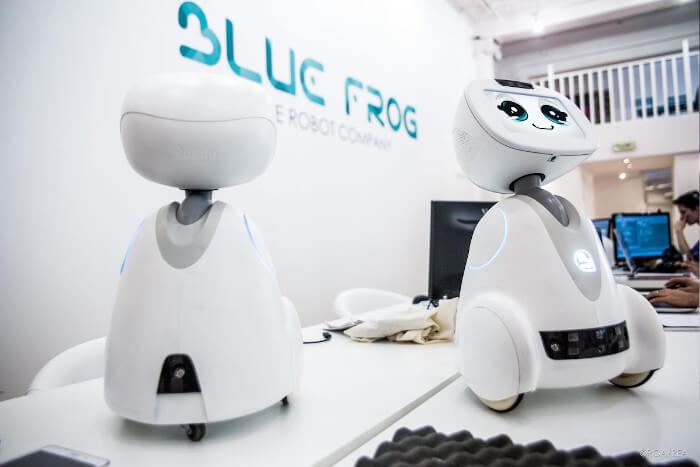



On the other hand, participants dislike software bugs. It was an appealing option for those who did not want to talk to someone in person for fear of the stigma associated with mental health. Aroha was described as being more accessible than traditional mental health counselling and resources.
#ADULT CHATBOT HOW TO#
Participants particularly enjoyed the modules on gratitude, getting active, anger management, job-seeking, and how to deal with alcohol and drugs. The chatbot was praised for including content that went beyond traditional mental health advice. Aroha was well liked for sounding like a 'real person' and peer with its friendly, local 'Kiwi' communication style, rather than an authoritative adult or counselor. Participants spoke of the challenges of living through the lockdown, including social isolation, loss of motivation, and the demands of remote work/study - though some were able to find silver linings. Interviews were recorded transcribed and analyzed using thematic analysis assisted by NVivo.ġ5 young adults (median age 20 years, M = 20.07, SD = 3.17 13 female, two male all tertiary students) were interviewed in person. We conducted qualitative in-depth and semi-structured interviews with young adults, as well as in situ demonstrations of Aroha to elicit immediate feedback. To evaluate the acceptability and relevance of the chatbot format and Aroha's content in young adults and to identify areas for improvement. Aroha was made available nationally within two weeks of the lockdown and continued to be available throughout 2020. Our team rapidly adapted our existing chatbot platform to create Aroha - a wellbeing chatbot intended to address the stress experienced by young people aged 13-24 in the early phase of the pandemic. In March 2020, New Zealand was plunged into its first nationwide lockdown to halt the spread of COVID-19.


 0 kommentar(er)
0 kommentar(er)
